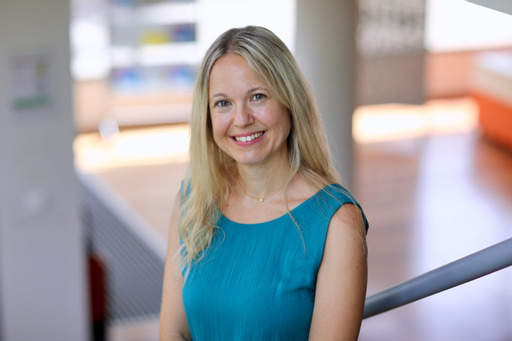The 1st Workshop on Artificial Intelligence
for Human-Game Interaction
AI4HGI: Workshop @ The 28th European Conference on Artificial Intelligence - Bologna, 25-30 October 2025
AI4HGI: Workshop @ The 28th European Conference on Artificial Intelligence - Bologna, 25-30 October 2025
Digital games have become one of the most influential forms of entertainment and interactive media, extending their impact beyond leisure into education, health, behavior change, and more. Artificial Intelligence (AI) is playing an increasingly vital role in shaping these experiences, enabling adaptive gameplay, dynamic content generation, and the creation of intelligent non-player characters. AI not only enhances player immersion but also expands the possibilities for storytelling, accessibility, and personalized experiences.
The AI4HGI workshop aims to explore the evolving role of AI in human-game interaction by addressing key research questions, including:
In answering these questions, the AI4HGI workshop aims to provide a platform for researchers to discuss innovative solutions, share insights, and identify new research directions. By fostering dialogue at the intersection of AI and game development, the workshop seeks to advance the field and contribute to shaping the next generation of intelligent and interactive digital experiences.
Topics of interest include but are not limited to:

The rapid integration of generative AI into game development is transforming how game worlds are built, characters behave, and stories unfold. From procedural content generation to dynamic narrative design, AI systems now collaborate with developers and players alike to create personalized experiences. Yet, this innovation brings complex technical and ethical challenges. On the technical side, questions arise about maintaining coherence, balancing creativity with control, and ensuring performance scalability in real-time environments. Ethically, issues such as bias in generated content and player manipulation demand careful attention. This talk discusses these challenges
(Slides)
Each presentation lasts between 5 to 8 minutes. The discussion will be divided into two parts: an initial one addressing the papers that do not involve LLMs, and a larger, central discussion dedicated to those exploring the use of LLMs in human–game interaction, while also opening to related emerging topics.
(pdf)
(pdf)
(pdf)
(pdf)
(pdf)
(pdf)
(pdf)
(pdf)
(pdf)
(pdf)
| Regular papers | 10-12 pages + references – single-column CEURART style |
| Position, Short Papers and Demos | 5-9 pages + references – single-column CEURART style |
| Manifestations of interest | Max 2 pages including a bio of the participant and a brief statement about why they are interested in the workshop |
| Submission deadline EXTENTED | |
| Review transfer option for papers rejected from main conference |
15 July, 2025 |
| Notification to authors | |
| Camera-ready version deadline | 1st October 2025 |
| Registration deadline | 3 September 2025 |
| AI4HGI Workshop | 25 October, 2025 |
All papers must be in English and they must be formatted using the single-column CEURART style format.
Early submission are strongly encouraged. We adopt a rolling review system: early submissions will be immediately reviewed and the notification will be sent out approximately two weeks after the submission.
Submitted papers will be evaluated by two members of the Program Committee through a single blind review process. We aim to publish all accepted regular, short, position papers and demos in CEUR WS Proceedings as a joint volume.
We will also consider relevant papers which were rejected from the main conference based on review transfer; to use this option, authors are invited to submit a request after rejection. We will then make a decision based on the
reviews written for the main conference, which will be made available to us in anonymized form.
At least one author of each accepted paper must register for the workshop by the main conference registration deadline.
Papers must be submitted on EasyChair.